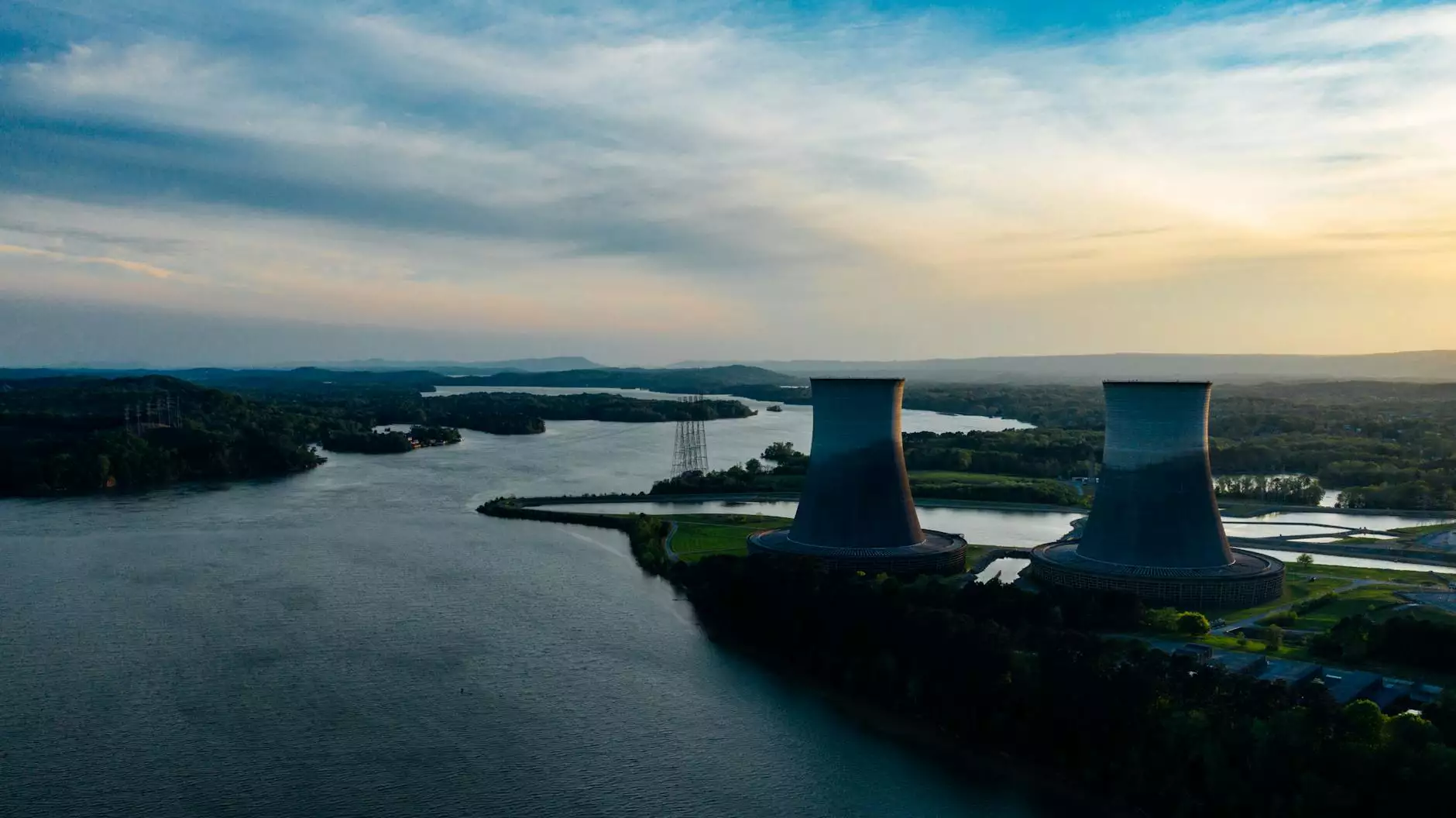The Dark Truth: Cons for Nuclear Power

In the pursuit of meeting our ever-growing energy demands, nuclear power has often been positioned as a solution to our energy needs. However, beneath the surface lies a myriad of drawbacks and risks that raise serious concerns about the sustainability and safety of nuclear energy as a source of power.
Safety Concerns
When discussing the cons for nuclear power, safety concerns inevitably take center stage. The catastrophic events like the Chernobyl disaster and the Fukushima Daiichi accident serve as stark reminders of the potential risks associated with nuclear power plants. The possibility of a meltdown, the release of radioactive materials into the environment, and the long-term health implications on surrounding communities are all sobering realities that cannot be overlooked.
Nuclear Waste Disposal
One of the major challenges with nuclear power is the issue of nuclear waste disposal. Radioactive waste generated by nuclear reactors poses a significant threat to the environment and human health. The safe storage and disposal of this waste present logistical and ethical dilemmas that have yet to be fully resolved, leading to concerns about the long-term impact on future generations.
Environmental Impacts
Despite being touted as a "clean" form of energy, nuclear power is far from environmentally friendly. The mining, processing, and transportation of uranium fuel contribute to carbon emissions and environmental degradation. Additionally, the thermal pollution caused by nuclear power plants can disrupt aquatic ecosystems, leading to harmful effects on marine life and water quality.
Financial Costs
Building and operating nuclear power plants come with a hefty price tag. The construction of a nuclear facility requires significant upfront investment, and the decommissioning and clean-up costs can further strain financial resources. Moreover, the potential for cost overruns and delays in project completion make nuclear power a risky and expensive endeavor.
Public Opinion
Public perception of nuclear power has been marred by a history of accidents and mishaps. The lack of transparency and accountability in the nuclear industry has eroded trust among the general population, leading to widespread skepticism and opposition to nuclear energy projects. The social and political backlash against nuclear power further complicates its viability as a long-term energy solution.
The Bottom Line
While nuclear power may offer a temporary solution to energy needs, the cons associated with this form of energy far outweigh the benefits. Safety concerns, nuclear waste disposal challenges, environmental impacts, financial burdens, and public distrust all underscore the inherent risks and limitations of nuclear power. As we strive to transition towards more sustainable and renewable energy sources, it is imperative that we carefully consider the true costs and consequences of relying on nuclear energy.



